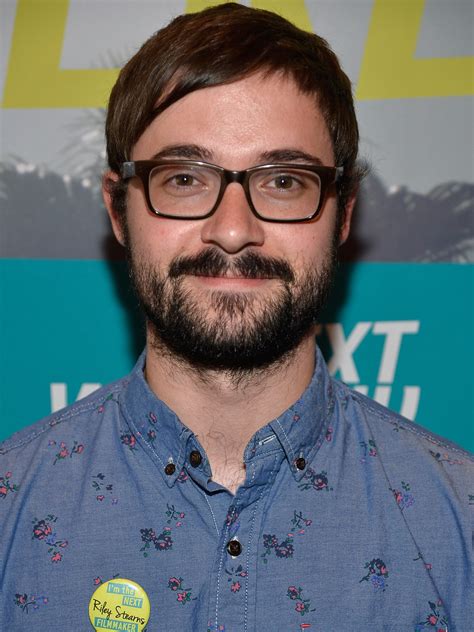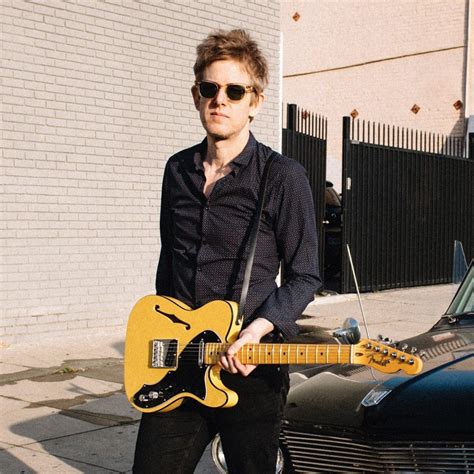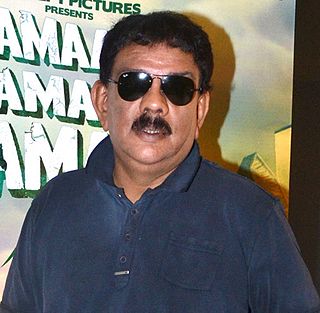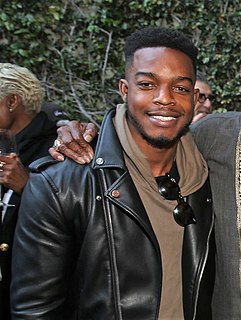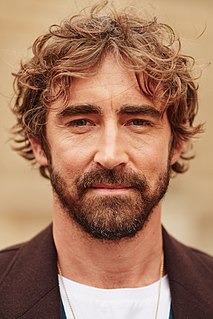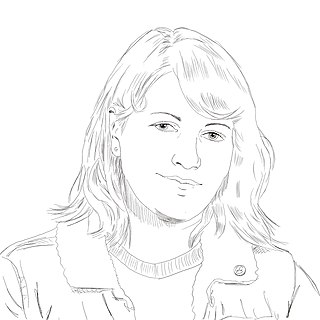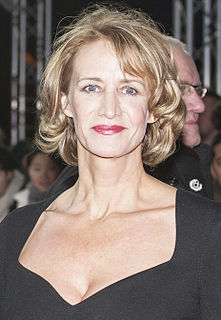A Quote by Riley Stearns
'Faults,' in a lot of ways, is still is a heightened film, but the end of the day, it's the real world. It's in '86, is the arbitrary date that I've set. And so I went about it in a more realistic way.
Related Quotes
I'm definitely a big believer in the notion that a heightened style can get you closer to an authentic human experience than so-called realism on film. There are films I love that have kind of a muted or realistic style, but for me on any given day I have more moments during the course of a day that feel like a Fellini movie than I do a Cassavettes movie.
The idea that somebody out there is that eager to hear my music in advance can only be a good thing. But growing up, I always liked that system where "release day" was a big thing, and for bands I really liked, I'd know that date. It'd be on my calendar, and I'd go to the record store that day. Sitting down and listening to the record for the first time was a real event. I wish it was still that way, but that's not the way the world works any more.
I think people are willing to take more of a risk on an indie film, about character, etc...but at the same time, when I work on projects that are substantially bigger, in a way they do feel small. Even though the catering is way better and we actually have someone shooting with real film.... The budgets are bigger but the story still feels small, like an indie film.
What I've learned about that word is context, where the world is coming from - in the era the film is set, it obviously is used derogatorily. In 'Selma,' it was the same sort of thing. Of course now, in music, it's used in many more ways, including ways that takes the sting out of it. It all depends on where and when it is used, and how you look at it. But again in 'Race,' it is intensely disrespectful.
To me, a revolutionary film is not a film about a revolution. It has a lot more to do with the art form. It's a film that is revolting against the old established language of cinema that had been brainwashing the people for decades. It is a film that is trying to find ways to use sound and image differently.
You know, 'Jurassic Park' is a film I always go back to a lot - it's a fantastical world, but I care about all the characters in that situation, and then I think in caring about them, it can make it relatable and help me kind of see this heightened world through, not always familiar eyes, but at least eyes I can understand.
I believe that the greatest music is storytelling anyway, in a heightened medium. So I write a lot of music, and I play a lot with my guitar, I still sing a lot, but now I'm more personal about it than public, in a way. I think there will be a time where I'd like to bring the singing back into some of my performances. It all depends if the material's right, if the story's right, if it's my kind of taste in music, as well. It means so much to me. We all know how affective music can be, I just want to make sure when I do it, I'm doing it because I actually feel it and I care about it.
